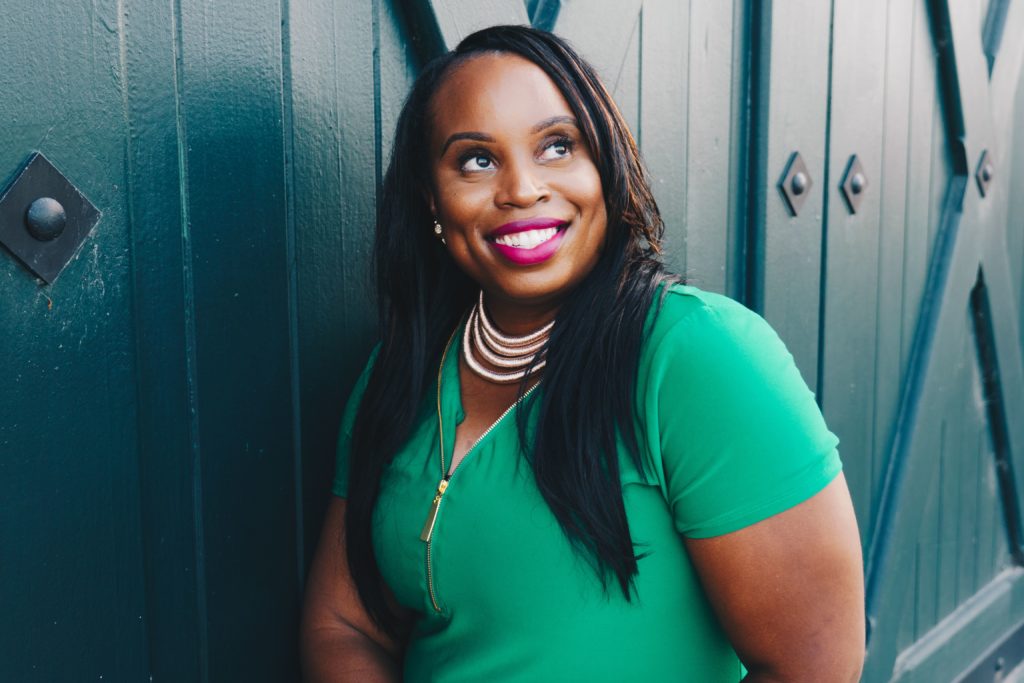The Happiest Time of Your Day
Author: Dave BerothA study of Twitter users found an interesting pattern: humans tend to be happy at breakfast time, not so happy at midday, and then happy again near bedtime.
The study, which analyzed 509 million tweets from 2.4 million users in 84 countries, found that moods fluctuate in a predictable pattern. On weekdays, positive tweets peak between 6 A.M. and 9 A.M., then decline steadily to a trough between 3 P.M. and 4 P.M. In the late afternoon, positivity begins to rise again, peaking after dinner.
A.M., then decline steadily to a trough between 3 P.M. and 4 P.M. In the late afternoon, positivity begins to rise again, peaking after dinner.
On weekends, the pattern is similar but morning happiness shifts later, starting at around 9 A.M. when most people are beginning their day.
I think that most human beings throughout the world want happiness in their lives. The other day I saw a plaque that read: “You can never have too much happy.” That’s true. No one ever says, “I wish I weren’t so happy all the time.”
The question is—how do we go about finding that happiness?
A lot of the things we do to find happiness are stimulating, but they’re not satisfying in the long run. We chase after something and we grab it, but when we finally get it, we realize it didn’t quite deliver up the happiness we thought we’d get.
The smartest person from the Old Testament, Solomon, made an observation about happy people: “All the days of the oppressed are wretched, but the cheerful heart has a continual feast,” (Proverbs 15:15 NIV).
Solomon asserts that your state of mind determines, to a great extent, the quality of your life. Your outlook determines your outcome.
So, how do you change your outlook? You ask yourself two questions.
1. What do I need to change in me in order to change my situation?
In order for your life to get better, you’ve got to get better. Here’s what I’ve noticed. You can’t have a positive outlook on life when you are intentionally and consistently sabotaging any prospect of progress. Let me say it more plainly. When you’re tolerating negative issues in your life that you refuse to deal with, it’s not going to be easy to convince yourself that everything’s going to be OK.
The biggest lie you’ll ever tell yourself is, “When my circumstances change, I’ll become a better  person.”
person.”
Changes in your circumstances won’t create positive changes in you. But, changes in you will create positive changes in your circumstances.
If your circumstances aren’t what you want them to be, ask, “What do I need to change about myself in order to make my life better?”
2. Am I looking to receive God’s blessings so that others can be blessed, too?
For the happy heart, life is a continual feast. When you see every day as an opportunity to share something good with someone else, life truly does become a feast of God’s blessings, one after another, more than your heart can contain.
Am I willing to join the feast, so that I can share the feast with others?
